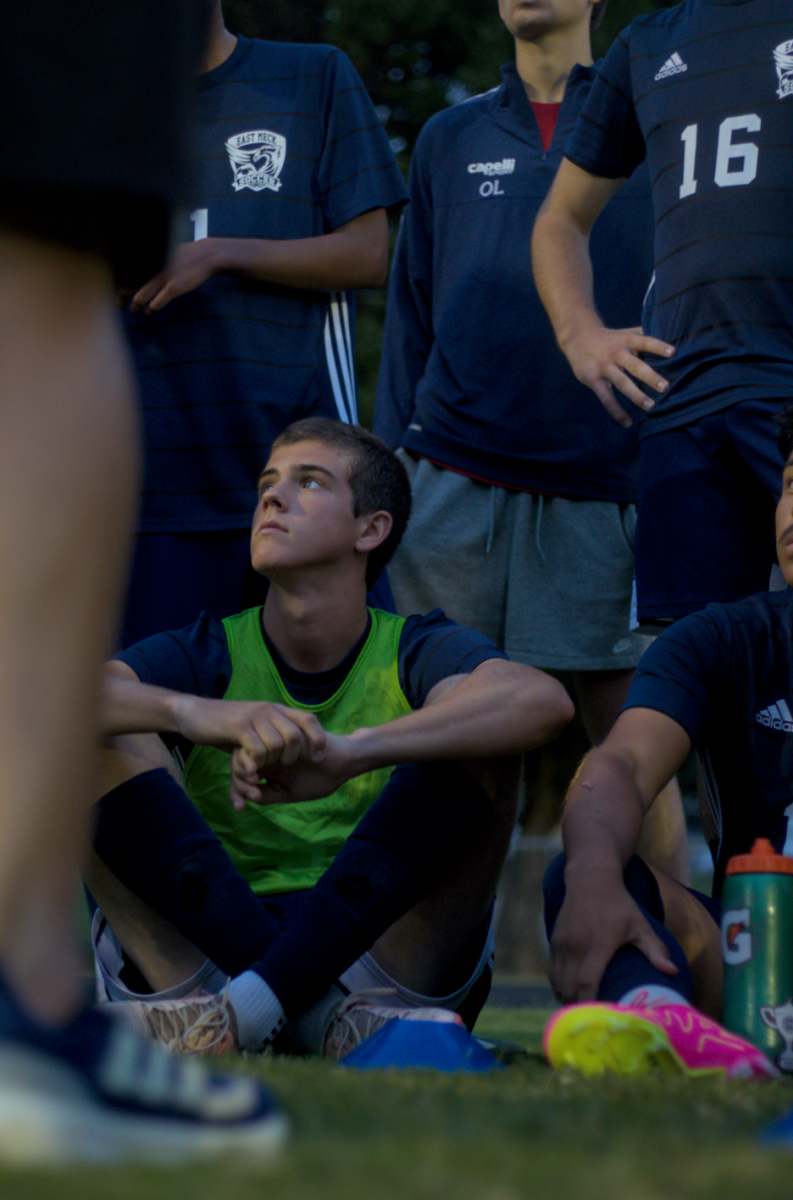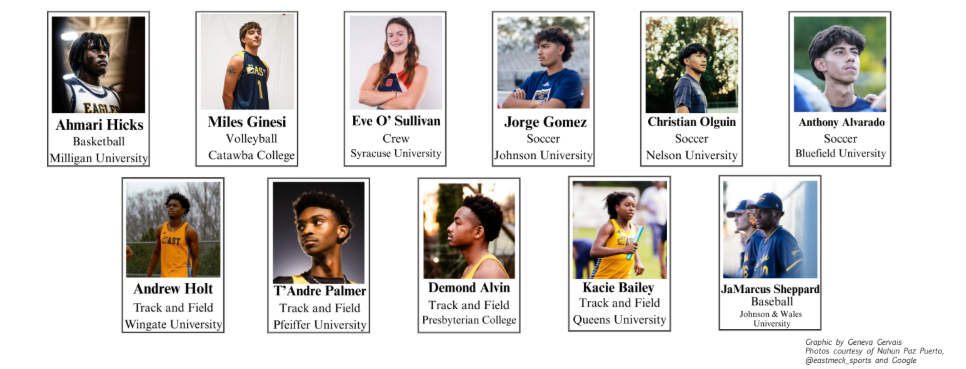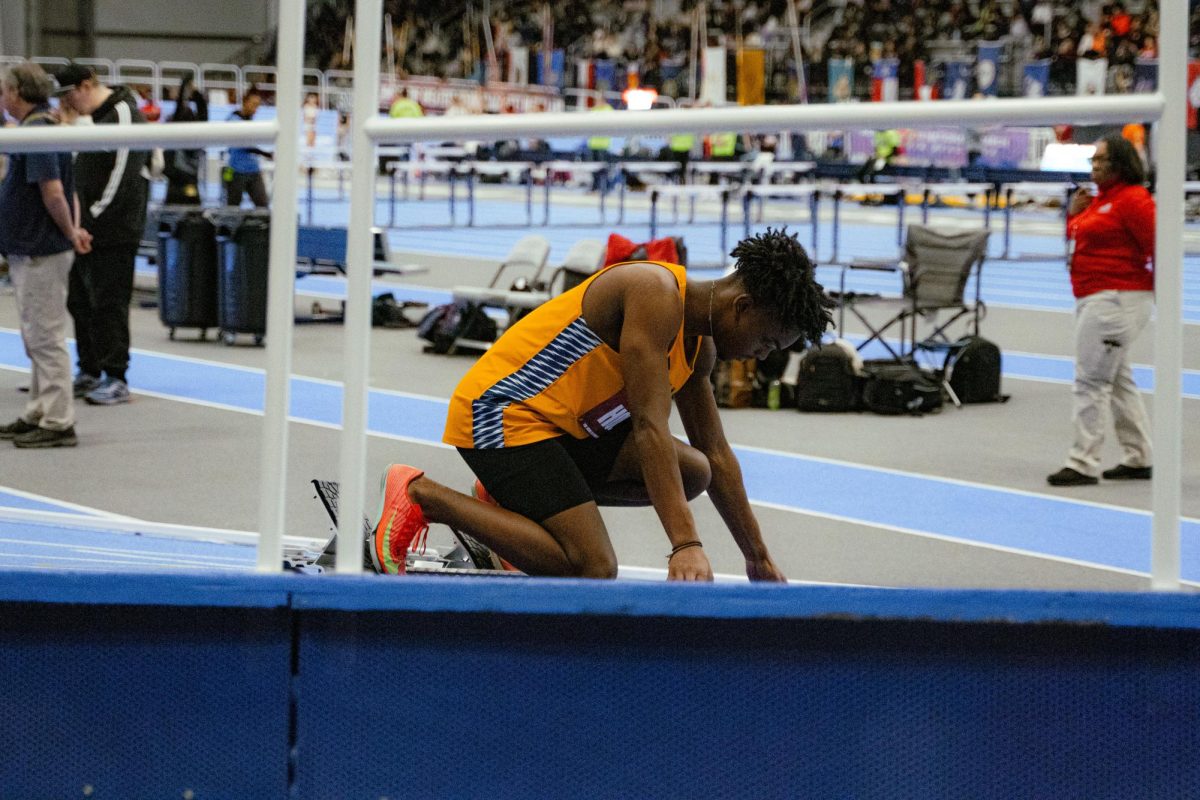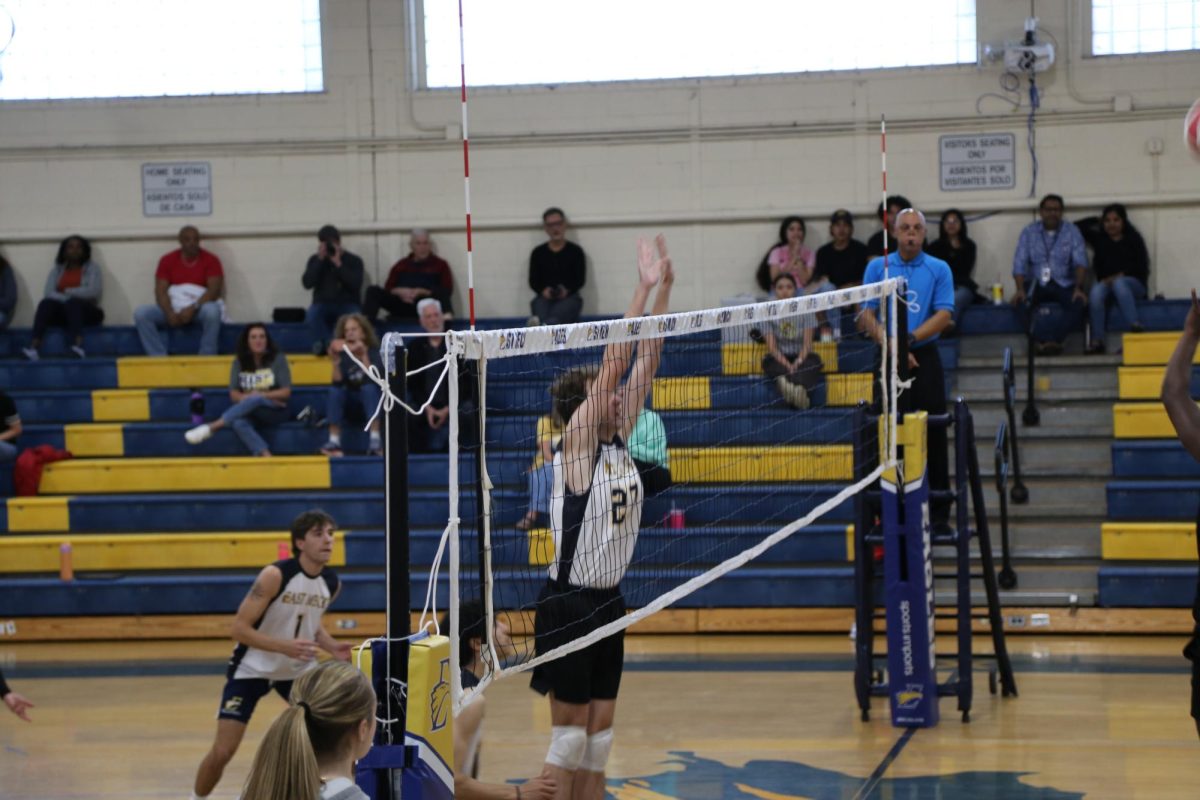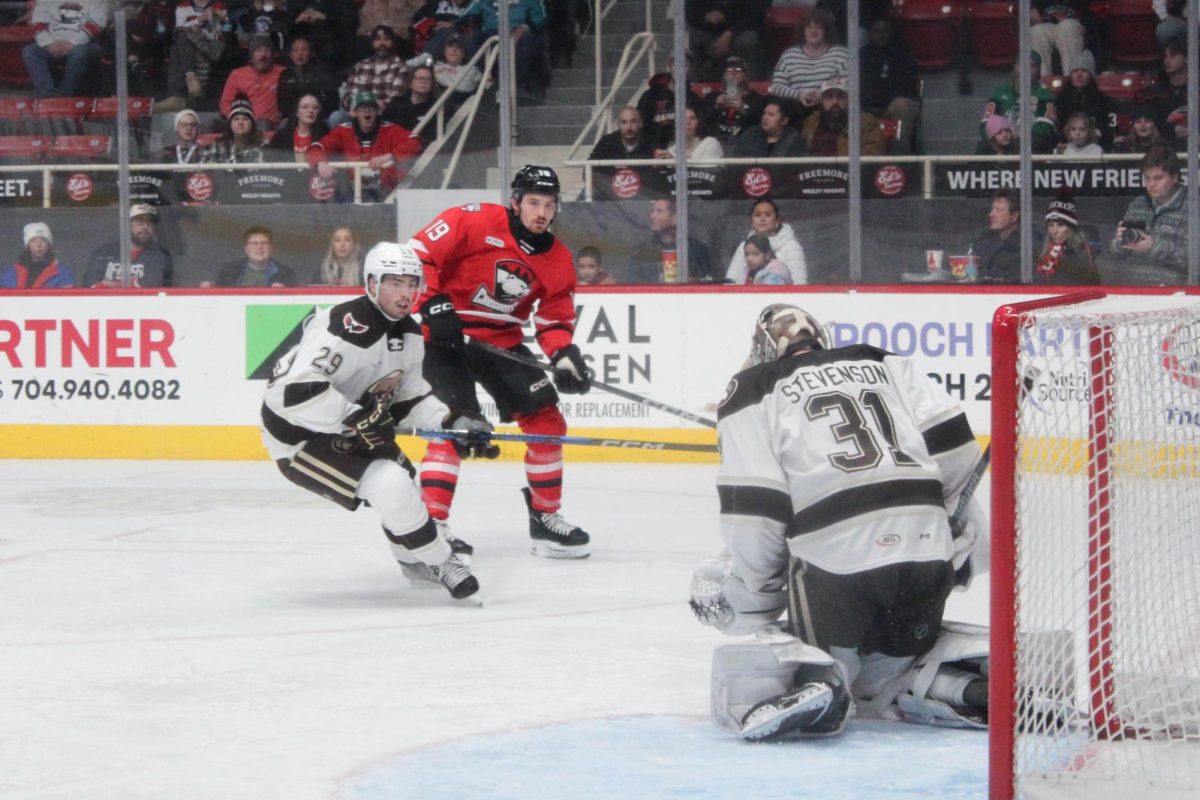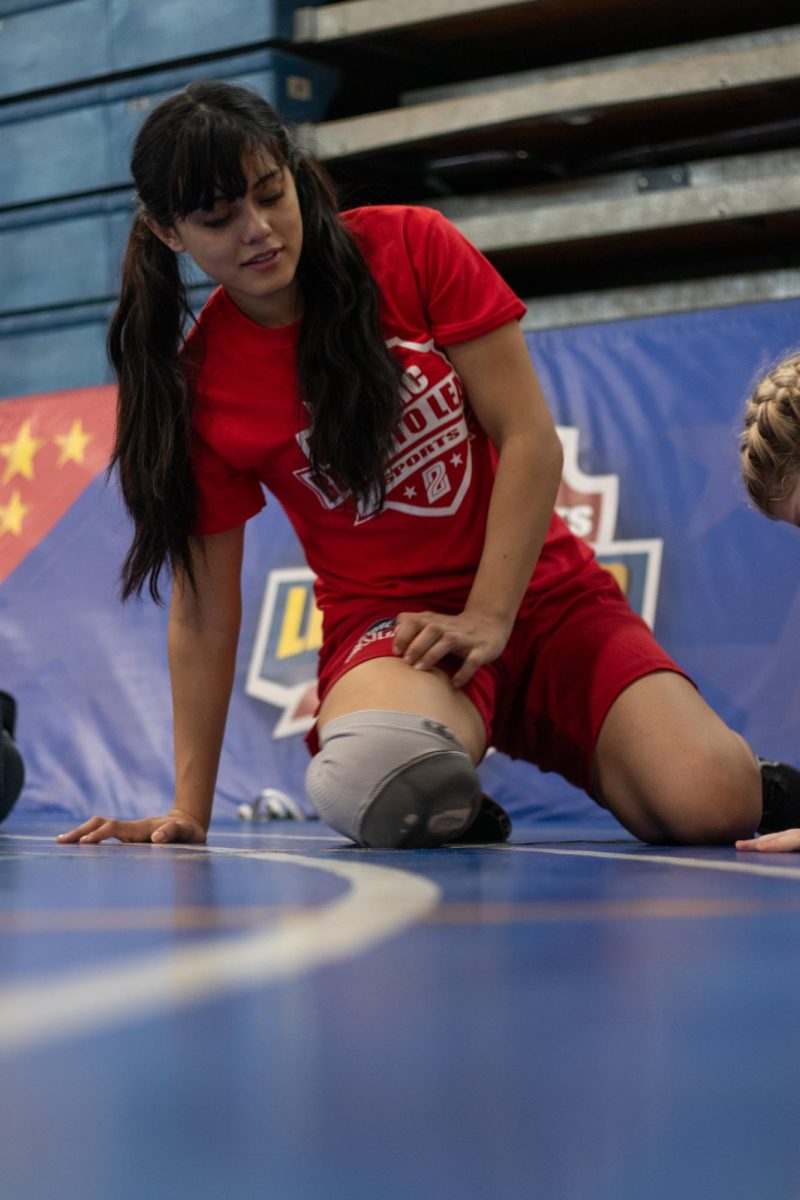Balancing acaddemics with the demands of extracurricular activities can be quite a challange. For East Mecklenburg’s student-athletes and art students, the pressure is intense. From competing in games to proforming in shows, students have to mangage their passions and school workload.
“I’m managing by keeping a better schedule and setting alarms,” actor, singer, and dancer Greta Herring said.
Herring has her hands full. Herring works, goes to dance rehearsal, musical rehearsal and has to complete school work. The usage of alarms allows her to manage her spontaneous and eventful schedule.
For varsity soccer player Ethan Fallowes, it’s a little different. Fallowes’ practice time is a constant with practices beginning at 4 p.m. Fallows believes that this created a conduit for a healthier social life.
“There’s a lot of aspects about the soccer team that help build camaraderie,” Fallowes said.
Similar to Fallowes, Herring belives that her extracurriculars are great for her social life.
“The musical is really where I make most of my friends and build strong connections and relationships,” Herring said.
Though both students may seem like they have busy yet different schedules, they are able to build strong relationships in their extracurricular activities.
Similar to Fallowes and Herrings, singer and varsity baseball player Gabe Johnson truly believes that their extracurricular activities are a huge aid for their social life.
“No, it acutally is a social life,” Johnson said.
Johnson’s schedule is similar to Fallowes’, with set time for practice and rehearsal.
On the contrary, swimmer Ola Ombach believes that athletics negatively affect her social life. Swimming takes priority over everything else, including her social life.
“I have a lot of people asking me to do stuff after school, and I’m like, sorry I have practice,” Ombach said.
With three hour swim practices everday, it takes up a good portion of her time.
Managing the challenges of sports, arts and school is stressful, but these student-athletes and art-students have a way of managing their stress. Johnson calling himself a “big ball of stress,” he uses that stress and anxiety that builds up to his advantage.
“Channel your emotions into the performance and then it just goes way,” Johnson said.
Using it to your advantage is one way to handle it, but for Ombach, she prefers to eradicate it all together.
Ombach creates a playlist that helps her warm up for meets. She likes to have the confidence of knowing that she is capable of doing well.
“It helps a lot just to get in the water and feel like you know what you’re doing,” Ombach said.
But Ombach prefers to allow her nerves to fizzle out, relieving stress. Experience is a necessity when dealing with stress and nerves.
“If I’m being honest, I don’t

get that nervous to go on stage anymore,” Herring said.
Knowing their strengths and weakness allows these preformers and student-athletes to loosen up. These students are very inclined with their passions, and managing that can be difficult. From singing towards a crowd to scoring a goal, these busy-minded people find very similar ways to manage their time.
Given these challenges, students have been able to put fourth their best efforts to create a great future for themselves. Jospeh Trosch, hving to quit his favorite sport basketball for his academic future for his academic future, opened up internship opportunities that could help his career for a lifetime.
Even though basketball is no longer sought in his competitive future, Trosch knew what he had to put forth the effort into to help his future. “I’m the type of person that if I’m going to do something, I’m going to do it as hard as I can.”



